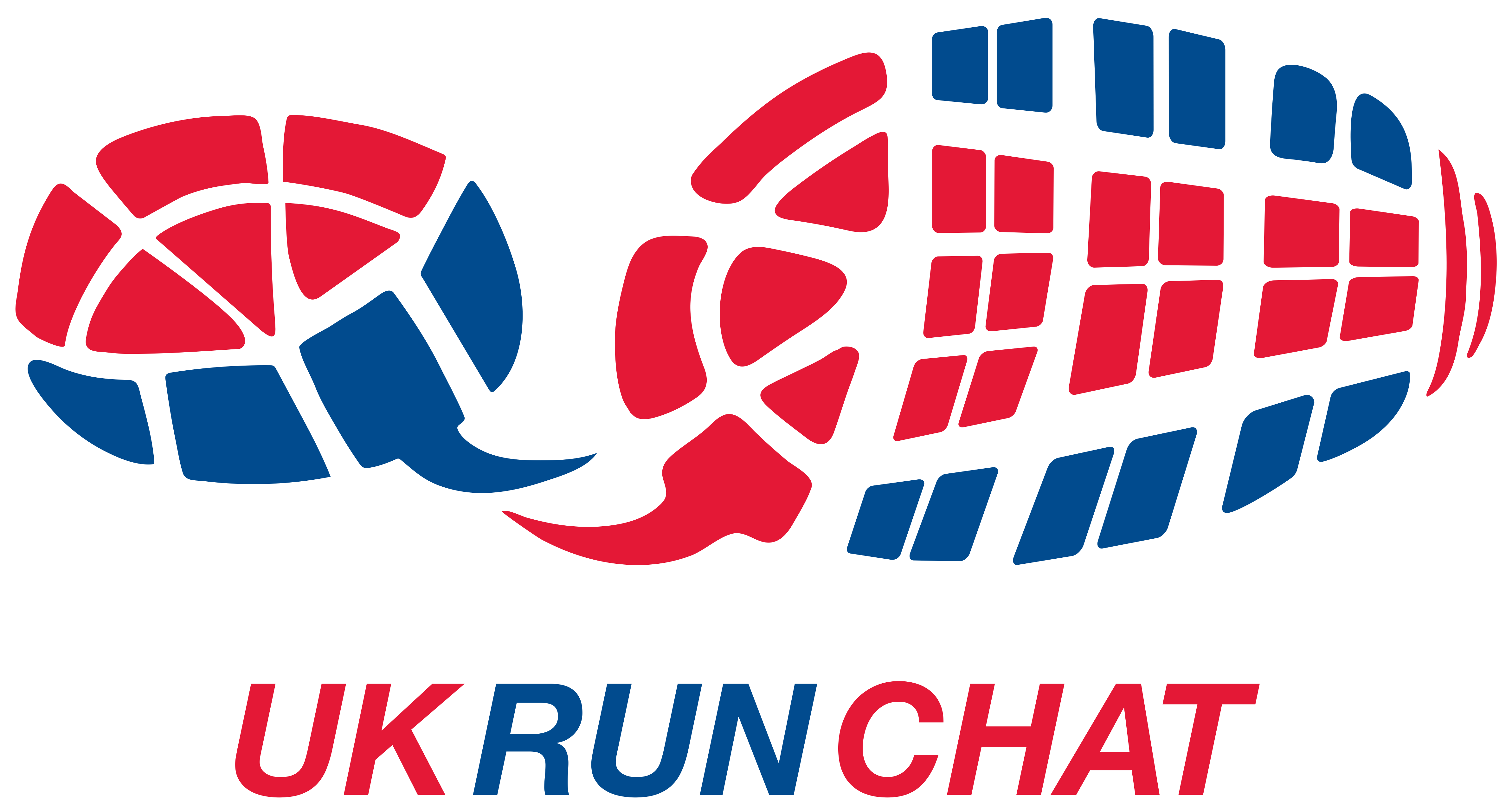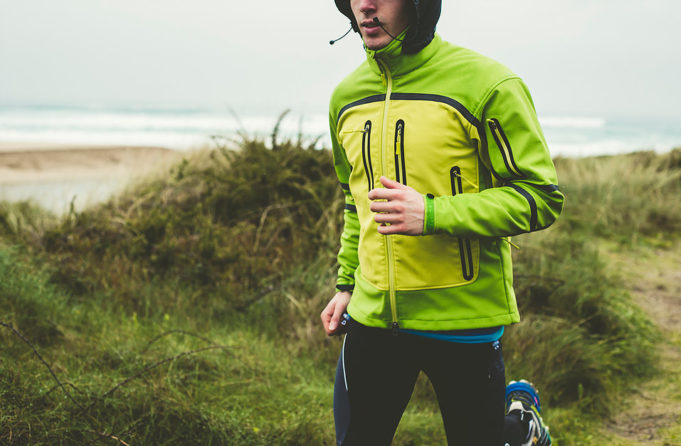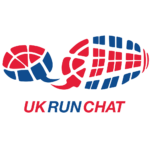It’s been a Winter full of bugs for me. It leaves me baffled every year as to why I seem to be endlessly full of cold (two small children probably don’t help!). Although we know that moderate exercise is good for keeping the bugs away, it is also evident that those of us engaged in intense training or have recently competed in an endurance event appear to have an increased risk of developing symptoms of the upper respiratory tract (URT) (1) . To me that just seems unfair. To make matters worse, as an athlete, I think we feel it more. When we get unwell we see time ticking away towards our next race and are constantly analysing levels of fitness or lack off. It adds an extra intensity and stress to a winter bug that maybe non athletes don’t get. We are itching to get back in our trainers and training schedules and as a result we may not rest enough and allow our bodies to recover before pushing the heart rate up again.
I’m currently on day 12 of flu….proper flu and I have a 5.5 month count down to Lavaredo Ultra Trial in the Dolomites. I’ve bounced from cold to chest infection to flu since September and it’s made me sit down and revaluate things. In this blog I am going to give some top tips for you all to consider, whether you want to avoid that winter bug or, like me are trying to get over one. These are the steps I am going to take to make sure my road to race fitness is not interrupted again.
Eat and hydrate
It may seem simple but one thing that does your body no good is training hard and not eating correctly to meet your requirements. Immune system function appears to be suppressed during periods of low calorific intake and weight reduction. Therefore if you are prone to catching illness, it is advised to loose weight slowly and during non competitive training phases when training volume is lower(2). In general, eating a varied diet on a day to day basis is a simple step to ensure an optimally functioning immune system. If you are energy deficient your immune system may suffer and you may be more susceptible to upper respiratory tract infections (URTI). A healthy immune system benefits from a diet adequate in calories, high in fresh fruit and vegetables, omega 3 fats, nuts and whole grains. Ensuring three meals a day and good recovery meals / snacks that contain carbs (50g) and protein (20g) post training will help keep body in top form. Keep hydration levels up. Drink regularly throughout the day (moderate tea and coffee intake also counts) and ensure after you have trained you hydrate enough for your urine to be clear.
Carbohydrate and fluid during exercise
Studies have found that carbohydrate may play an important role in maintaining effective immune function. Low carbohydrate intake may cause direct immunosuppression as immune cells function best on glucose alone. Additionally, ingestion of carbohydrate during prolonged, intense levels of exercise can reduce the production of cortisol as a response to training. Cortisol has been linked with immune suppression. If an athlete is training fasted or in an intentionally low glycogen state, it is advised not do this more than a few days at a time and if prone to illness and bugs, it is probably not advised to do it at all until immune system is back to strength. Staying hydrated during exercise has multiple benefits. Firstly it prevents dehydration and secondly, it ensures saliva flow is maintained. Saliva is important as it contains antimicrobial properties, so if saliva flow decreases there is a chance that we become more susceptible to infection from viruses and bacteria (1).
Vitamin C
A study in the American Journal of Clinical Nutrition (3) showed how the supplementation of 600mg Vitamin C per day for 3 weeks prior to a 90km ultra marathon race reduced the incidence of URTI during the 2 week recovery period. Vitamin C has antioxidant properties which help counter act the affect of the production of damaging free radicals produced as a result of heavy exertion in ultra running races. If you manage to have plenty of fruit and vegetables in your diet then supplementation may not be necessary. However, during high levels of training and getting over illness you may benefit from extra Vit C to give your body that extra boost.
Probiotics
Probiotics or “friendly bacteria” are getting more and more attention over the years. Whether you are fermenting your own food or taking a supplement, we are much more aware of how significant our bowel health plays in so many aspects of our wellness. A double blinded study in the International Journal of Sport, Nutrition and Exercise Metabolism (4) supplemented 84 endurance athletes with a probiotic or placebo over 4 months of winter training. They measured the incidence of URTI in both groups. The number of athletes that experienced 1 or more weeks of URTI was 36% higher in the placebo group compared to those that took a probiotic. Athletes should look out for probiotics that contain at least 10 billion live species of lactobacillus and bifidobacterium. If you don’t want to take supplements, try using live natural yogurt or foods such as sauerkraut and kefir for example.
Vitamin D
Vitamin D is recognised as having an important role in immunity and helps to defend against the common cold. Again, a problem if you are an athlete as vitamin D deficiency is common in athletes especially in winter months. Between the months of October and March, individuals are advised to supplement every day with 10 mcg of Vitamin D a day.
Immune Boosting Top tips
Don’t skip meals and avoid negative energy balance. Overall energy intake should match your requirements. Don’t shy away from carbohydrate and if you are doing fasted training / training low, only do it for a few days at a time.
Consider taking carbohydrate during training (30-60g / hr). Taking this in fluid form also helps maintain hydration and saliva flow.
Ensure regular intake of protein (20g per meal per day) and focus on post training meals (0.3g/kg of body weight).
Regular intake of fruit, vegetables and salads (at least 7 a day). If you think you will struggle with this consider taking a multi vitamin.
Take Vitamin D supplement between October and March.
Take probiotic every day ensuring it has at least 10 billion live bacteria
Consider supplementing with extra Vit C (no more than 1000mg) leading up to focus races.
* note : if you are taking a multivitamin, to avoid double dosing check what it contains as you may not need extra vitamin c or D for example.
References
1. Gleeson M 2016 Immunological aspects of sport nutrition. Immunology and Cell biology 94 117-123
2. Nieman DC et al 1996 Immune response to obesity and moderate weight loss Int. J Obesity relatedMetab. Discord, 20:353-360
3. Peters EM et al Vitamin C supplementation reduces the incidence of postface symptoms of URTI in ultra marathon runners Am Journal Clinical Nutrition 57: 170-174
4. Gleeson M, Bishop NC, Oliveira M, Tauler P 2010 Daily probiotics (Lactobacillus casei Shirota) Reduction of infection incidence in athletes. International Journal of Sport Nutrition and Exercise Metabolism, 1-10






